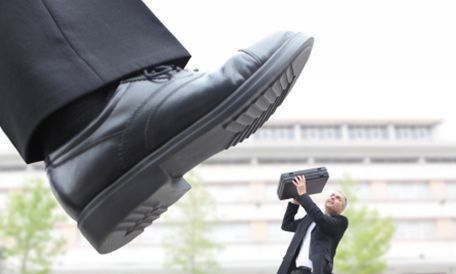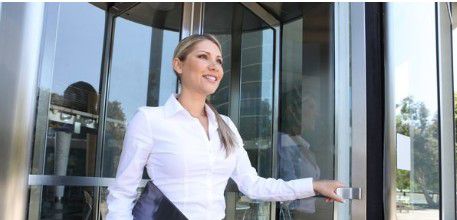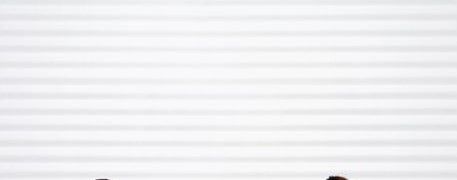想要工作好 休息很重要(双语)
|
It was 4 p.m. on a recent Friday -- a time of the week when I usually relax and leave the rest of my to-do list to finish over the weekend. But as this recent weekend approached, I kept pushing myself, heart pumping, to get to the bottom of my list of planned tasks for the week. After years of working on and off throughout most weekends, I was trying a new approach by taking off at least one entire day every weekend this month, away from reporting, writing and all other work. Early on, I hated it. As simple as it seemed, sticking to a time-off plan stressed me out at first. What I didn't see right away was that my little test was forcing me to improve the way I work.
Amid layoffs and burgeoning workloads, it seems, working any time, all the time, has become a habit. A survey of 605 U.S. workers last spring by the Society for Human Resource Management found that 70% of employees work beyond scheduled time and on weekends; more than half blame 'self-imposed pressure.' Now, new research suggests some have reached the point where a paradoxical truth applies: To get more done, we need to stop working so much. A groundbreaking four-year study, set for publication in the October issue of Harvard Business Review, seems to confirm that getting away from work can yield unexpected on-the-job benefits. When members of 12 consulting teams at Boston Consulting Group were each required to take a block of 'predictable time off' during every work week, 'we had to practically force some professionals' to get away, says Leslie Perlow, the Harvard Business School leadership professor who headed the study. But the results surprised Harvard researchers and Boston Consulting executives alike. Working together to make sure each consultant got some time off forced teams to communicate better, share more personal information and forge closer relationships. They also had to do a better job at planning ahead and streamlining work, which in some cases resulted in improved client service, based on interviews with clients. Boston Consulting is so pleased with the outcome that the firm is rolling out a similar teaming strategy over the coming year on many new U.S. and some overseas projects, says Grant Freeland, senior partner and managing director of the firm's Boston office. 'We have found real value in this,' he says. 'It really changes how we do our work.' |









